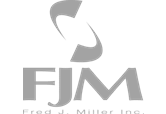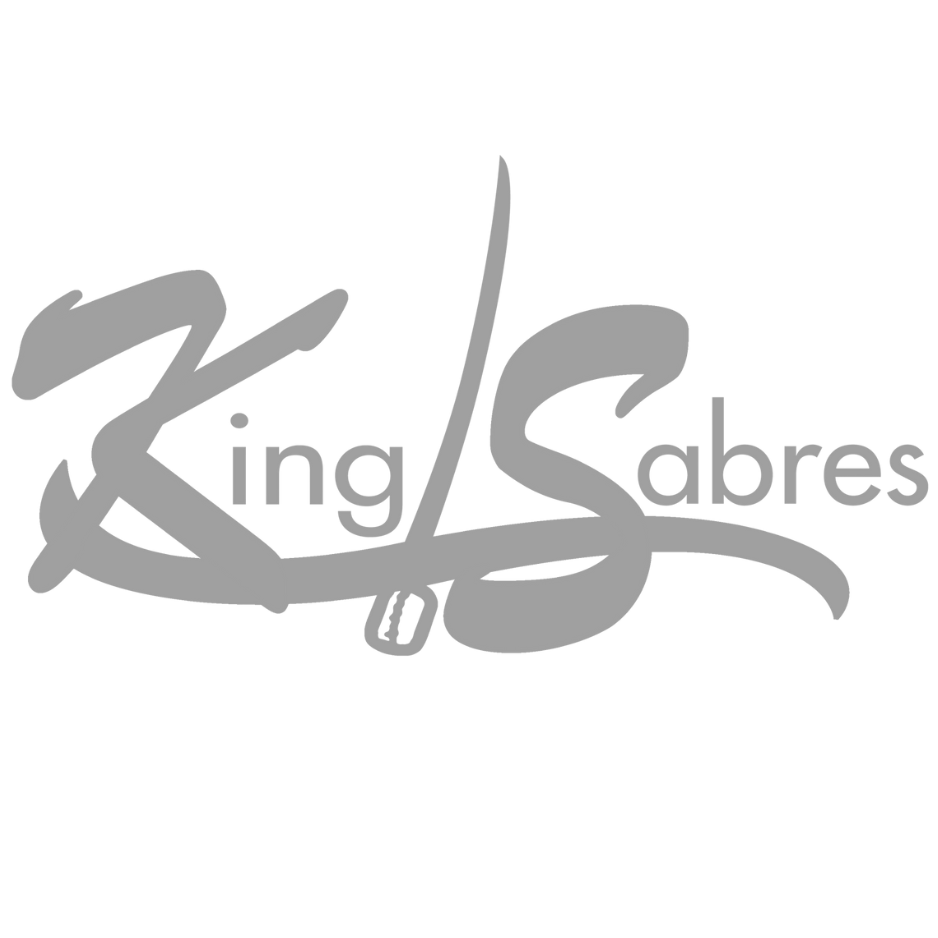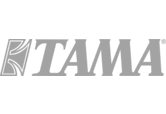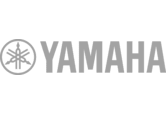By Trudy Horsting
Our “Helping Hands” feature series takes an in-depth look at how a few businesses in the marching community have gone above and beyond in their response to the need created by COVID-19. In the third article of this series, we are proud to shine the spotlight on Fred J. Miller!
On March 23, 2020, all of Ohio’s non-essential businesses shut down. That would have included marching arts uniform manufacturer Fred J. Miller (FJM). However, they saw a need and immediately switched their goals to help fill it, staying open to support the healthcare community.
“We transformed our business overnight. We transformed our focus entirely,” said Ross Werner, FJM Marketing Director. They became a COVID-19 mask manufacturer in 24 hours.
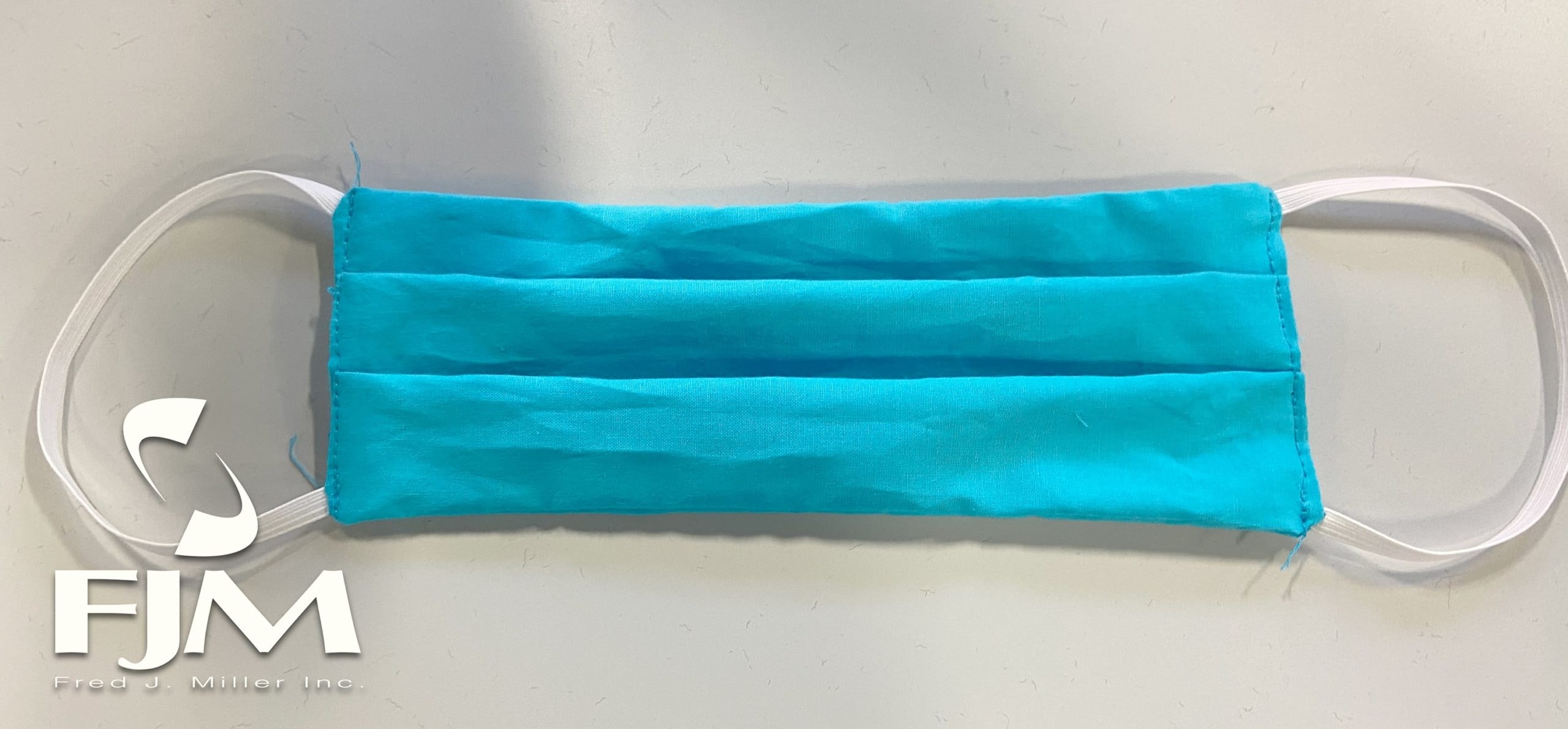
The Switch
Fred J. Miller is a family business, and the idea to help manufacture masks for COVID-19 came from members of the family who worked in the medical field and saw the need firsthand.
Even before non-essential businesses closed, the company was getting calls from local hospitals and agencies in the area asking them to manufacture masks. Werner explained, “We just said ‘Yes.’…We had never made masks. But there was a need.”
It started by making masks for just one agency who then distributed them to the organizations in greatest need throughout the area. But soon the production grew. The team was receiving 10 to 20 calls a day as the word of their mission spread. They were also calling local agencies themselves to see if they needed help. Werner says, the biggest challenge was keeping up with the calls. If they said yes, they knew they had to accomplish the order quickly.
They had to get people what they needed, in the time they needed it, while ensuring the highest quality product—a mission this organization is well familiar with.
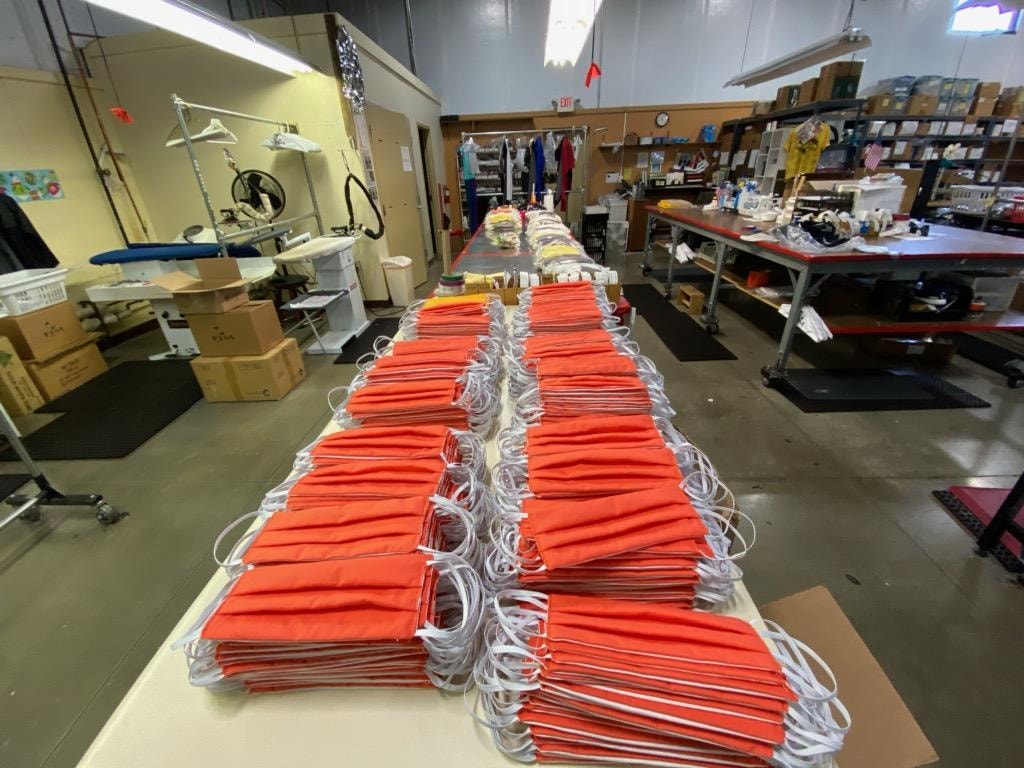
The Production
The 20,000 square-foot FJM factory was an advantage for social distancing. The mask team was small, and there was a maximum of 10 people in the building at any time. The top priority during this process was to make the employees feel safe. No one had to work who didn’t want to. That said, Werner remarked on how incredible it was to see so many people who wanted to pitch in. If they needed more people on any given day, he could send out a call and there would be someone there within the hour.
All employees followed strict guidelines while in the facility, including frequent hand washing. FJM also made sure that there was hand sanitizer at each station, and that all masks were sanitized before boxing.
Logistically, switching to mask production instead of uniform production wasn’t too challenging. Their pattern maker, who works remotely, came up with a pattern for the team. From there, the process was much like making uniforms—the pattern was duplicated on a long role of fabric, cut on a computer-assisted table, and then put into the hands of the sewers. After sewn, elastic was added, the masks were sanitized, and then boxed up and shipped out to the individuals and agencies that needed them.
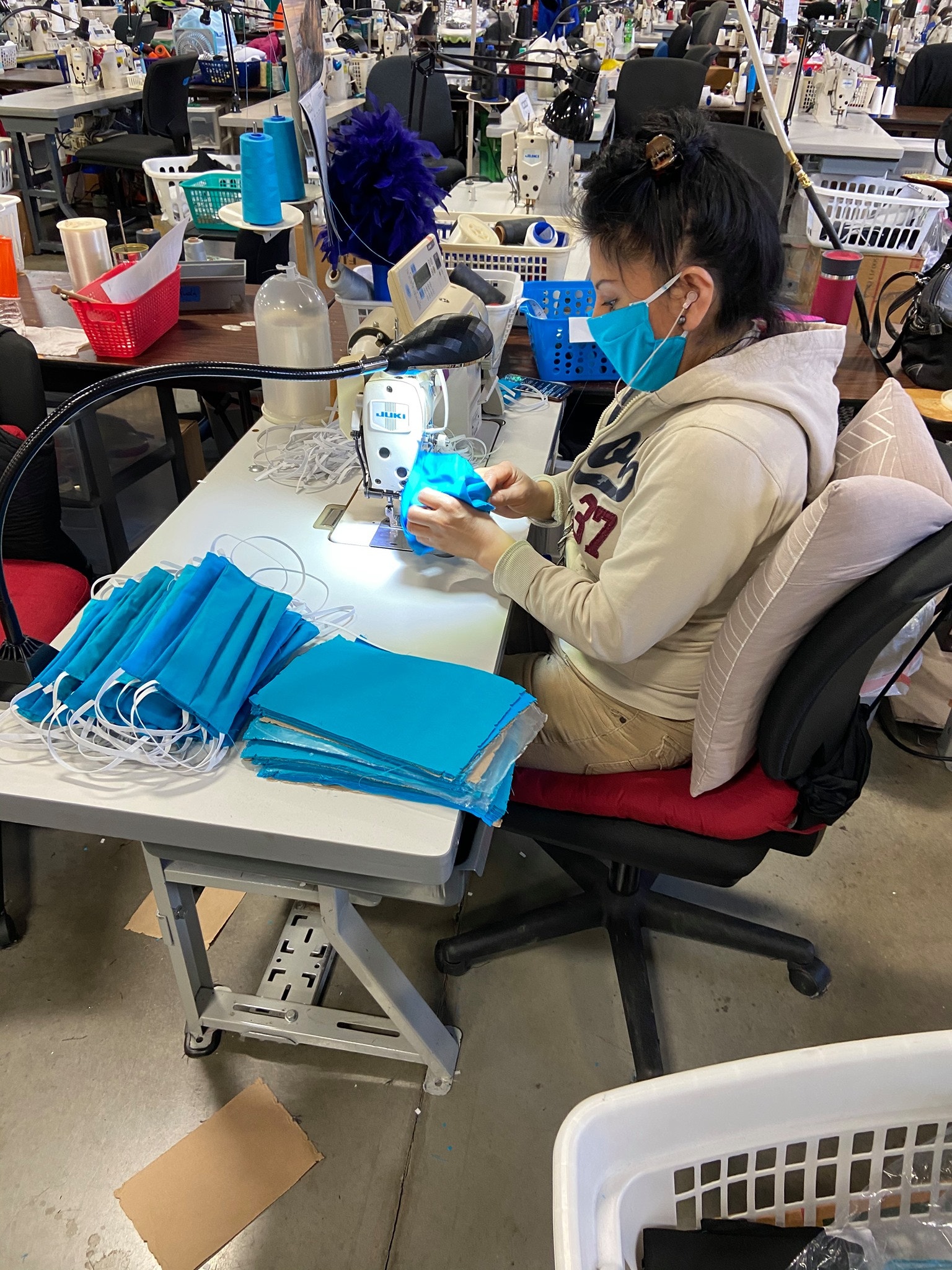
The Distribution
When asked about the company’s goals for production and distribution, Werner said that they didn’t really have a set number. It was simply about fulfilling as many organizations’ needs as they could possibly fill. He stated, “If we can stay busy, we will.”
Located near the large metropolitan areas of Cincinnati and Dayton, the need was big. One of their biggest donations was 500 masks to the city of Dayton. Most of these were distributed to homeless shelters and shelters for victims of domestic violence. Working in collaboration with the city government, they were able to get their masks where they were needed most.
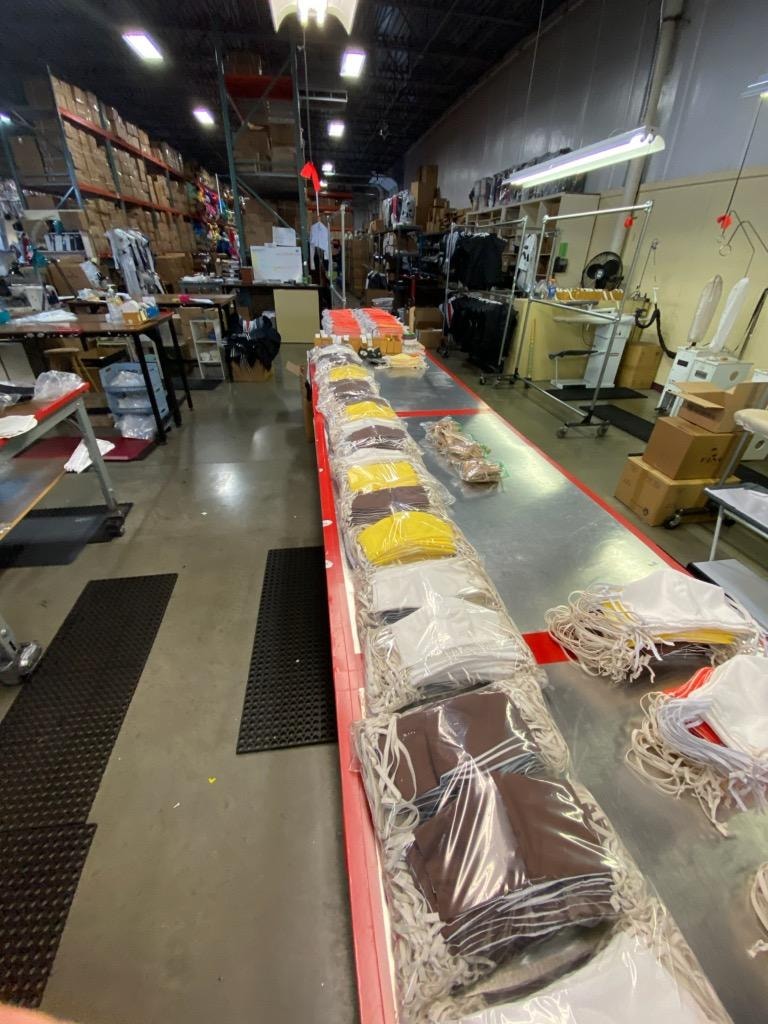
Looking to the Future
FJM is excited for the future. Their sales representatives were able to keep working during the closures and their uniform sketchers continued sketching for band and color guard uniforms. They essentially kept everything moving except for physical production and looked forward to officially reopening on May 4, 2020.
However, Werner emphasized that the need is still out there, and he encourages individuals to get involved if they can.
“What we’re making is something that if you have basic sewing skills you can make too. If you’re working from home and have time and a sewing machine, you can help.”
As we all look forward in anticipation to a fresh start next marching season, it’s important to remember there are still ways we can help our broader community along the way.
About the Author

Trudy Horsting is a graduate student at Arizona State University pursuing her PhD in Political Science. She holds a BA in Political Science and a BA in Writing, Rhetoric and Technical Communication from James Madison University. While at JMU, she was a member, and captain for two years, of the Marching Royal Dukes Colorguard and JMU Nuance Winterguard. In 2019, she spun with First Flight World and is currently a member of FeniX Independent World.











